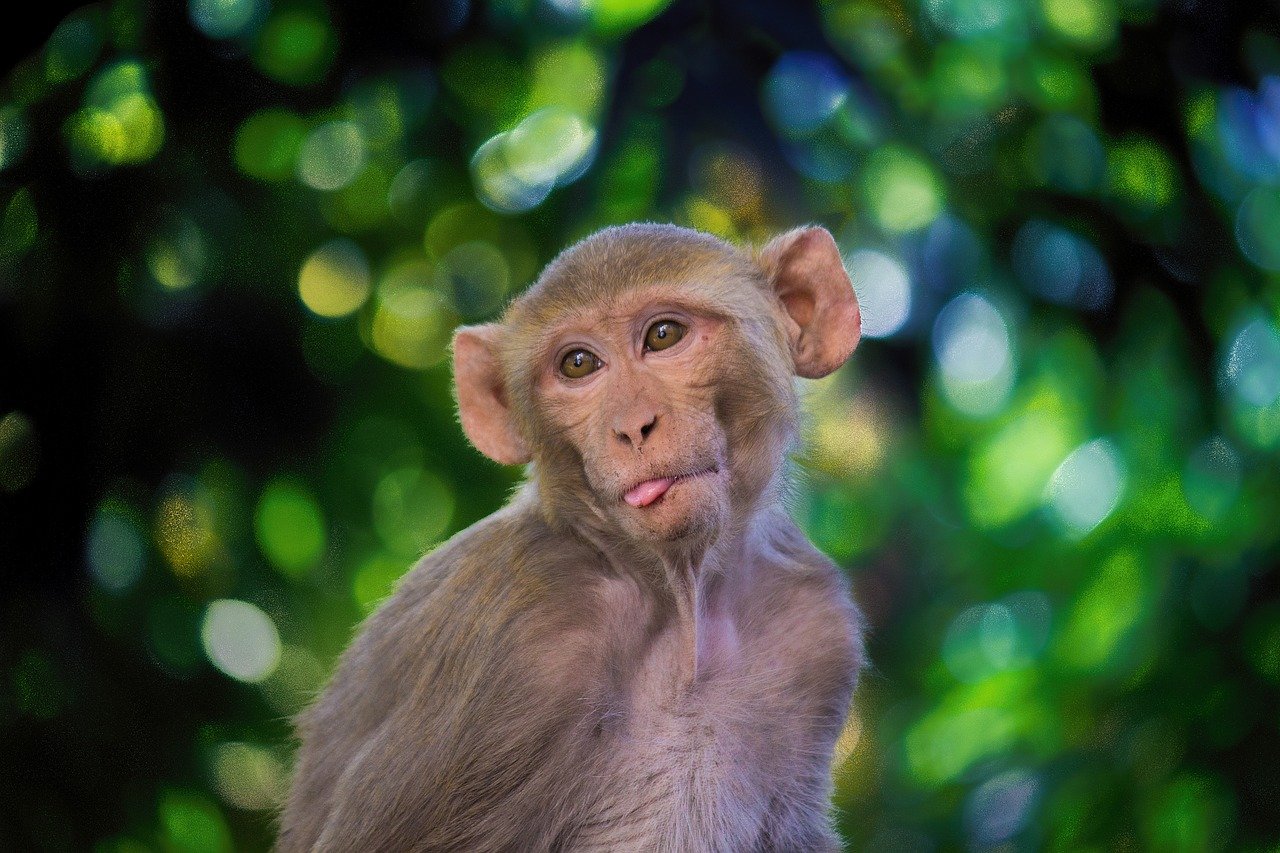The Macaques, resident in Bali at the Uluwatu Temple, are the shining attraction of the area… if you can catch them!
The thieving long-tailed monkeys are a growing population that thrives on their pick-pocketing skills of unassuming tourists visiting the area. The Macaca fascicularis, as known by their scientific name, are considered sacred in many Balinese and Hindu temples. They are known for their charismatic faces and human-like dexterity. In fact, they are also called crab-eating macaques as they are extremely skilled in cracking things open with hands that are very similar to our own.
Recently, the Philosophical Transactions of the Royal Society B based a new research to uncover if these sneaky fellas are so keen on stealing to later barter their goods for food, or have another reward system in place instigating this mass theft. This sort of economic ordering was never before researched in animal behavior, but was suspected to have developed in the unique environment the macaques share so close to human interaction. They conspired that this society of macaques could be the first cross-generational free-ranging animal population that has maintained a token economy. Learning more about their animal behavior in establishing such a token economy would also give fruitful evidence to how humans themselves evolved to barter and trade.
The researchers speculated that perhaps seeing how humans interact with intimate objects, such as their phones always in their hands and shining or their wallets and bags, could have inspired the macaques to see value in them too – enough to try and steal them! So, their work involved trying to catch and tape all these furtive thefts, resulting in probably one of the cutest and funniest scientific evidence seen yet! Watch below:
The researchers staged multiple fake robberies using various objects they figured would be considered valuable. Some objects being more valuable than others, such as a shoe over some glasses or a phone over a cap.
The researchers noted down the ages of the macaques they observed as well as their success rate, and if they then proceeded to use what they stole as bartering tools.
Final observations allowed the researchers to conclude that the monkeys that were born within this unique shared environment with humans learned the bartering behavior very early on, and continued to have increasing success in their thieving and negotiating as they continued to grow in the same environment. Older macaques also showed that they were much better attuned at identifying which objects had higher value, and rejecting those of lower value.
This isn’t the only instance of sneaky animals taking advantage of unsuspecting humans, however! Read here how some mischievous racoons managed to break into a bank to steal some biscuits!
















